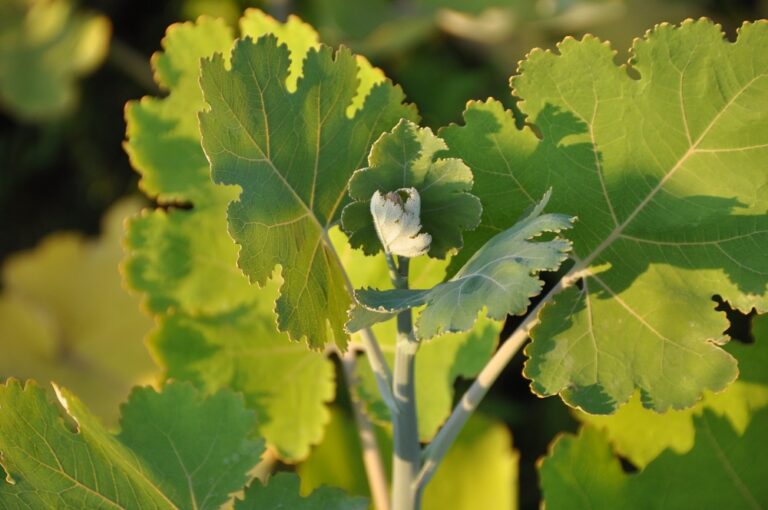Integrators and compound feed manufacturers are now starting to express more interest in the use of plant-based alkaloids in all classes of poultry as a way of improving gut health, as well as a means of mitigating against food safety issues.
That’s according to Colm McEvoy, mono-gastric specialist with Azelis Animal Nutrition, who says they are currently seeing 25% growth year on year in the use of these particularly valuable natural phytogenic feed additives globally in the monogastric nutrition sectors as a result.
“This trend is being driven by the fact that many more poultry nutritionists now have a good understanding of the proven anti-inflammatory properties of plant-based alkaloids. But it is those that are proven to inhibit gut inflammation at a cellular level that are gaining the most traction,” McEvoy says.
“Intestinal inflammation causes changes in the host’s metabolism, which reduces performance. Indeed, up to 30% of bird’s dietary nutrient and energy supply can be lost as a result of gut inflammation. Furthermore, intestinal inflammation can also increase a bird’s susceptibility to bacterial challenge. Consequently, effective feeding strategies to promote gut health or limit intestinal inflammation – whilst at the same time reducing the industry’s reliance on antibiotics – are now essential to improve poultry performance.”
McEvoy points to extensive independent studies showing that herbal extracts from Macleaya cordata (the plume poppy) have been extensively investigated as a viable and effective nutritional strategy to improve bird growth and laying performance.
“For example, a number of research studies looking at Sangrovit from Phytobiotics, which is a proven phytogenic feed additive extracted from the Macleaya cordata plant, have highlighted many positive effects in both growing and laying birds following inclusion in the diet. It is highly effective at promoting improved gut health and this allows the birds to make better use of the nutrients supplied,” McEvoy says.
“We know that Sangrovit influences food safety positively too. This is because studies with growing broilers show that its inclusion in the diet decreases campylobacter and salmonella pathogen shedding in affected birds,” he adds.


